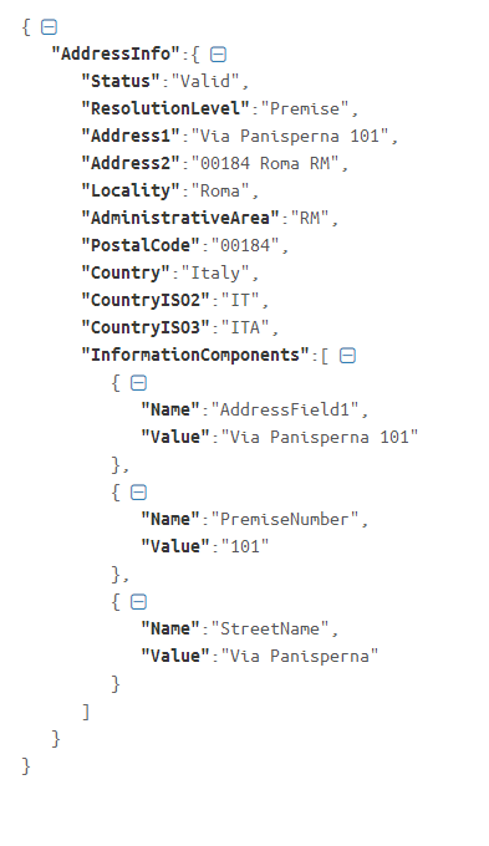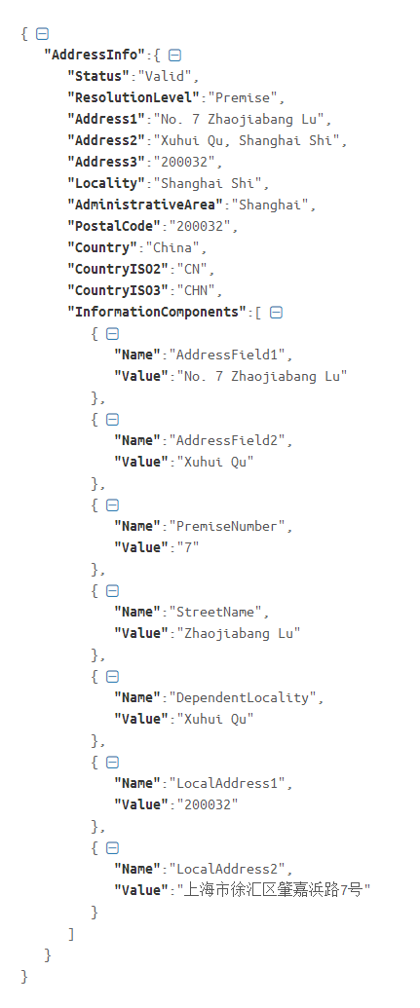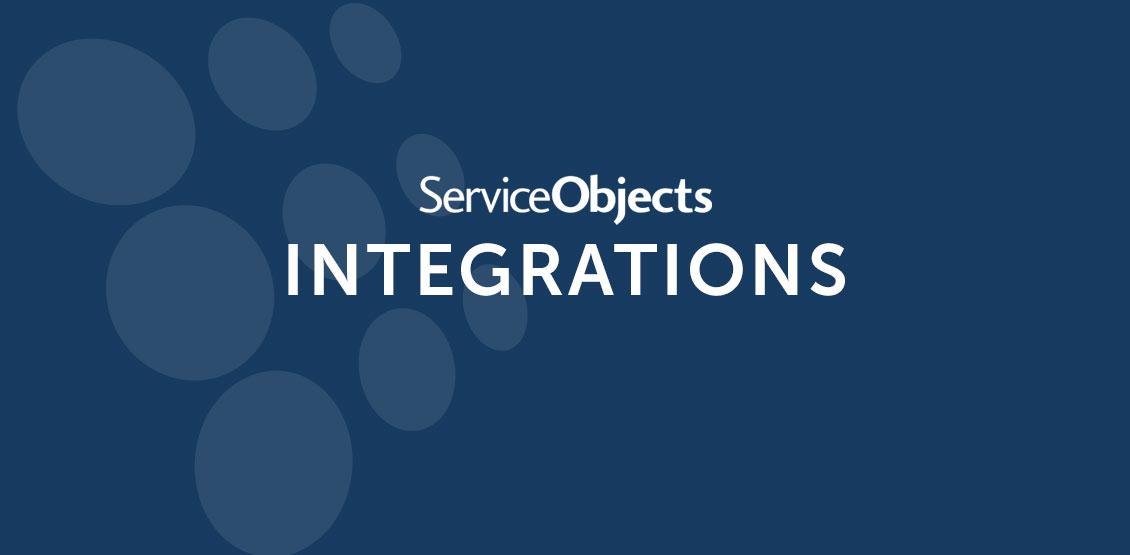DOTS Address Validation International is a powerful and versatile API that can validate address data from over 250 countries. If you have spent any time around international address data, then there is a good chance that you’ve encountered all different shapes and languages that addresses that come in. Figuring out how to validate and store this varied data languages can start to give your database manager nightmares.
Luckily our API provides a solution for this, and after reading this blog you’ll be an expert in how to use Address Validation – International to get the different types of data and formats you want. It all starts with an input field called ‘OutputLanguage’. This will be the key to standardizing the validated output values to the format of your choosing!
Country Support Table
The first stop you will want to make is our Country Support Table which will help you determine what countries can provide localized text. This table will highlight the countries that our service supports, along with the maximum verification level and whether or not localized text is available for that country. Some notable examples where we can provide localized text are China, South Korea, Russia, Japan, Greece and Taiwan to name a few.
Now, let’s check out some of the different options for the ‘OutputLanguage’ field.
ENGLISH
This is probably the most popular choice of our clients as they are using the service. If the text “ENGLISH” is put into the OutputLanguage field, this will instruct the service to return the address in the English spelling of the address. This will strip out any accented characters or umlauts that may occur in an address.
Even if an address is submitted in a localized text (such as simplified Chinese or Cyrillic, for example) the standardized address line would be returned in the standard English spelling of the address. The output address will still be formatted as is appropriate for the specific country. This could be helpful for ensuring that your validated address data is stored in a consistent manner and format in a database
LOCAL_ROMAN
Submitting “LOCAL_ROMAN” to the OutputLanguage field will retain localized spelling and some accented characters. These may include letters with tildes, umlauts and the Latin æ symbol.
The service will also return a local spelling of an address or locality with this option. For example, compare the two results below for the same address. The left uses LOCAL_ROMAN and the right uses ENGLISH:
Notice that the response on the left uses “Roma” as the appropriate locality and the response on the right uses “Rome”. One use for this OutputLanguage field is that it can help provide a better user experience if addresses are being validated on a web form. Relaying an address back to a client in the localized version of the address would relay to a client that you or your business speaks their language.


BOTH
Using the option “BOTH” will allow you to see both the English spelling and standardized version of an address, as well as the localized version of an address. Our customers generally prefer the English standardized version of this so that an address will appear in the primary address lines that the service returns. But the ‘InformationComponents’ field in our Address Validation – International response will contain the localized version of an address. The ‘InformationComponents’ fields is an array that holds key value pairs that allows us to add specialized returns and outputs to the service.
Below is an example of an address in Shanghai, China with the output Language as “BOTH”.

In the ‘InformationComponents’ field, you will see two fields called LocalAddress1 and LocalAddress2. These will have the country specific and language specific address. This can also be used for improved user experience for clients filling out a webform.
Conclusion
We are constantly adding new things to our service, so if you don’t see an option here that helps your specific use case, then please let us know! We’re happy to investigate and work with you to help you get the results you need from this validation service.













